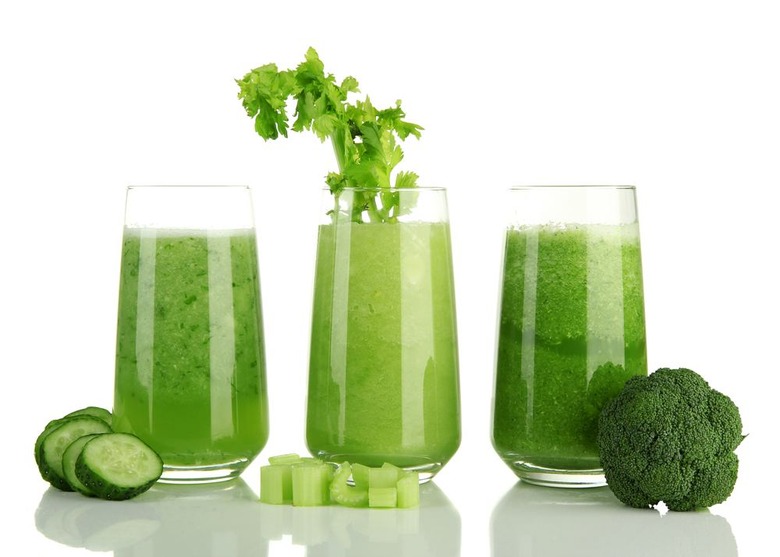If You Want To Start Your Day Right, Never Eat These 3 Foods For Breakfast
The right breakfast can jump-start your day and set you up for all sorts of success, but an improper one (or no breakfast at all) will almost immediately throw you off track. The problem is that there are tons of packaged foods masquerading as breakfast fare. Sugary cereals, toaster pastries, and croissants, which have adorned breakfast tables for decades, share the same fat and sugar content as many of the unhealthiest desserts.
But there are other breakfast-food offenders that are not as obvious as Pop Tarts or Frosted Flakes. These foods lack fiber and protein, but are high in either sugar or salt and fat, and eating them in the morning will set you up for dietary failure in the afternoon. Do your stomach a favor and never eat these three foods for breakfast.
Fast-Food or Frozen Breakfast Sandwiches
Bacon, sausage, eggs, and an English muffin aren't especially offensive ingredients, but when they're prepared in a fast-food restaurant or purchased frozen from the grocery store (click here for a homemade freezer-friendly breakfast sandwich recipe) they can be really poor breakfast options. For example, a four-and-a-half-ounce Jimmy Dean sausage, egg, and cheese biscuit contains 410 calories, half of your day's recommended allowance of saturated fat, and more than a third of the recommended daily allowance of sodium. Rarely do these breakfast sandwiches offer much in the way of fiber and protein either. They are a true diet disaster.
Green Juice
It's packed with vitamins, minerals, antioxidants, and phytochemicals, but what most traditional green juice lacks is fiber and protein. Green juice is a healthy mid-day snack option, but it's not the best choice for breakfast because it won't leave you feeling satisfied or satiated. Without the pulp, most of these juices are mostly made up of simple sugars, which increases the chances of a late-day sugar crash. If you know you'll be pressed for time in the morning, prep a jar of overnight oats or chia pudding the night before.
Nutrition or Granola Bars
Many popular protein or meal replacement bars have a nutritional profile that reads like any other junk food, but they are marketed as an ideal choice for the active and the athletic. These bars are usually around 250 calories, can contain up to five teaspoons of sugar, and aren't especially effective at keeping you full. As a result, you'll find yourself ravenously hungry before lunch time, and you'll be a more likely victim of afternoon snacking. More satisfying breakfast options would be a handful of almonds or cashews and a piece of fibrous fruit like an orange or pear.
